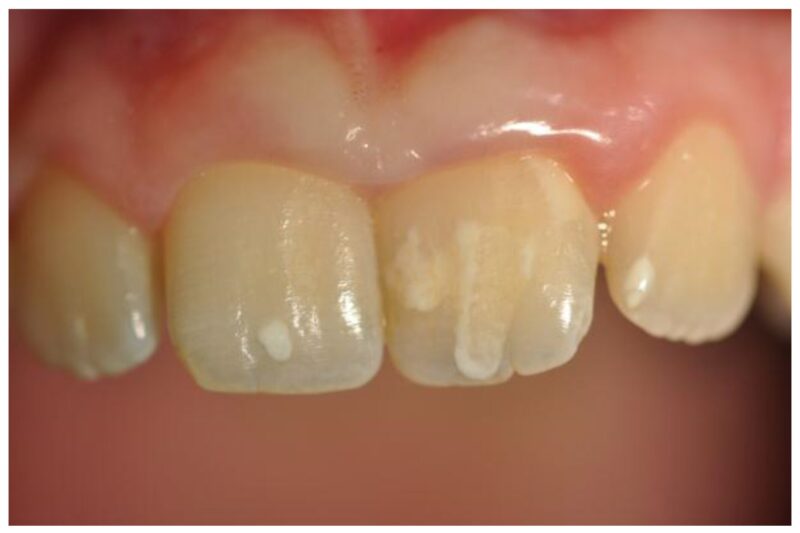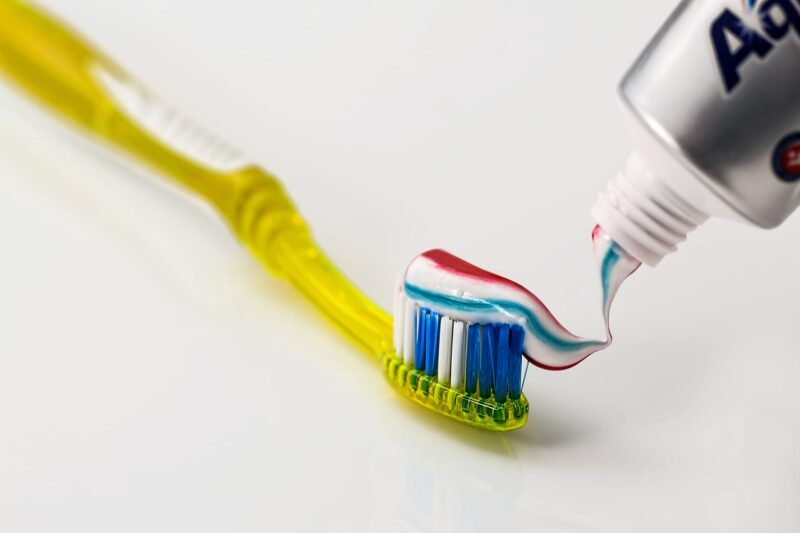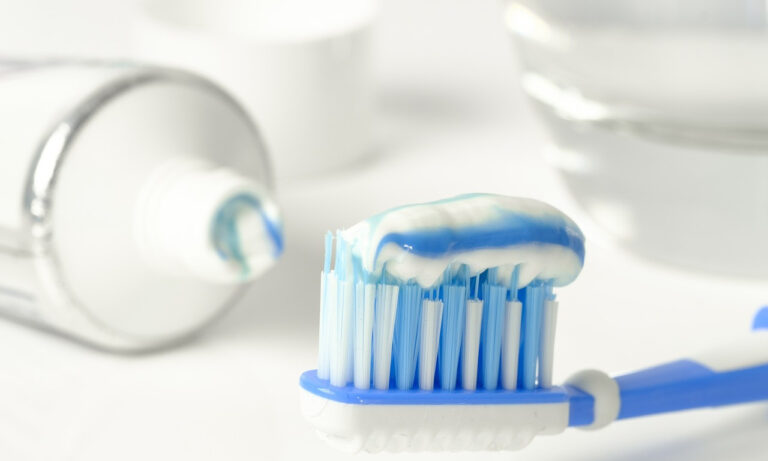Before diving into treatments, a dentist needs to understand the relationship between gluten sensitivity and oral health. This involves considering how gluten can trigger dental issues like enamel erosion, gum inflammation, and canker sores, which can further complicate existing conditions.
Diagnostic Tools for Identifying Gluten Sensitivity
If a dentist suspects that a patient’s oral health problems may be linked to gluten sensitivity or celiac disease, a thorough dental examination along with a detailed medical history can provide valuable insights. However, to confirm the diagnosis, additional tests like blood tests or an intestinal biopsy may be required.
Customized Treatment Plans

Once gluten sensitivity is confirmed or highly suspected, a dentist can formulate a customized oral health plan. This may include specific fluoride treatments to strengthen enamel, anti-inflammatory treatments for the gums, and special oral rinses to deal with canker sores.
Dietary Consultation
Given that a gluten-free diet can significantly alleviate symptoms, a dentist can collaborate with a registered dietitian to provide nutritional advice tailored to improve oral health. This is particularly important for gluten-sensitive patients who may lack essential nutrients due to diet restrictions.
Finding the Right Dental Care Team for Gluten-Sensitive Patients
Choosing the right dental care team is essential, especially if you’re dealing with gluten sensitivity. Your dentist should not only have the general expertise in dentistry but also a deep understanding of how conditions like gluten sensitivity can impact oral health. That’s why practices like Uptown Dental in Gig Harbor place a special focus on personalized care plans that include attention to such dietary sensitivities. Their team understands the specific challenges that gluten-sensitive patients face and can guide you on the right course of treatment.
Prescription Oral Care Products

Over-the-counter oral care products may contain gluten, which could exacerbate symptoms. A dentist can recommend or prescribe gluten-free oral care products to ensure you aren’t inadvertently making your symptoms worse.
Preventive Measures
Prevention is always better than cure. A dentist can guide you on how to avoid triggers and provide advice on maintaining good oral hygiene, specific to gluten-sensitive conditions.
Referral to Specialists
For severe cases that require more than dental intervention, a dentist can refer you to a gastrointestinal specialist for comprehensive treatment.
Support and Education

It’s not just about the physical treatment. A dentist can offer educational resources to help you understand how to manage your condition, thereby empowering you to take better care of your oral health.
Conclusion
Gluten sensitivity presents unique oral health challenges, but with the right guidance from a qualified dentist, managing these issues becomes significantly easier. From diagnosis to treatment and preventive measures, a dentist plays an essential role in guiding you through the journey to optimal oral health.
FAQs
- Can a dentist diagnose gluten sensitivity?
- A dentist can identify symptoms, but a formal diagnosis usually involves additional tests.
- What types of treatment can a dentist offer for gluten-sensitive patients?
- Customized oral health plans, specific fluoride treatments, anti-inflammatory treatments for gums, and special oral rinses can be offered.
- How often should gluten-sensitive patients visit the dentist?
- The frequency can vary, but more regular check-ups may be advised for close monitoring.
- Can a dentist provide nutritional advice?
- While a dentist can give basic dietary guidelines, they may also refer you to a registered dietitian for detailed advice.

